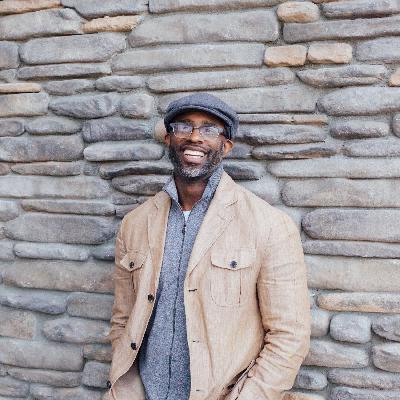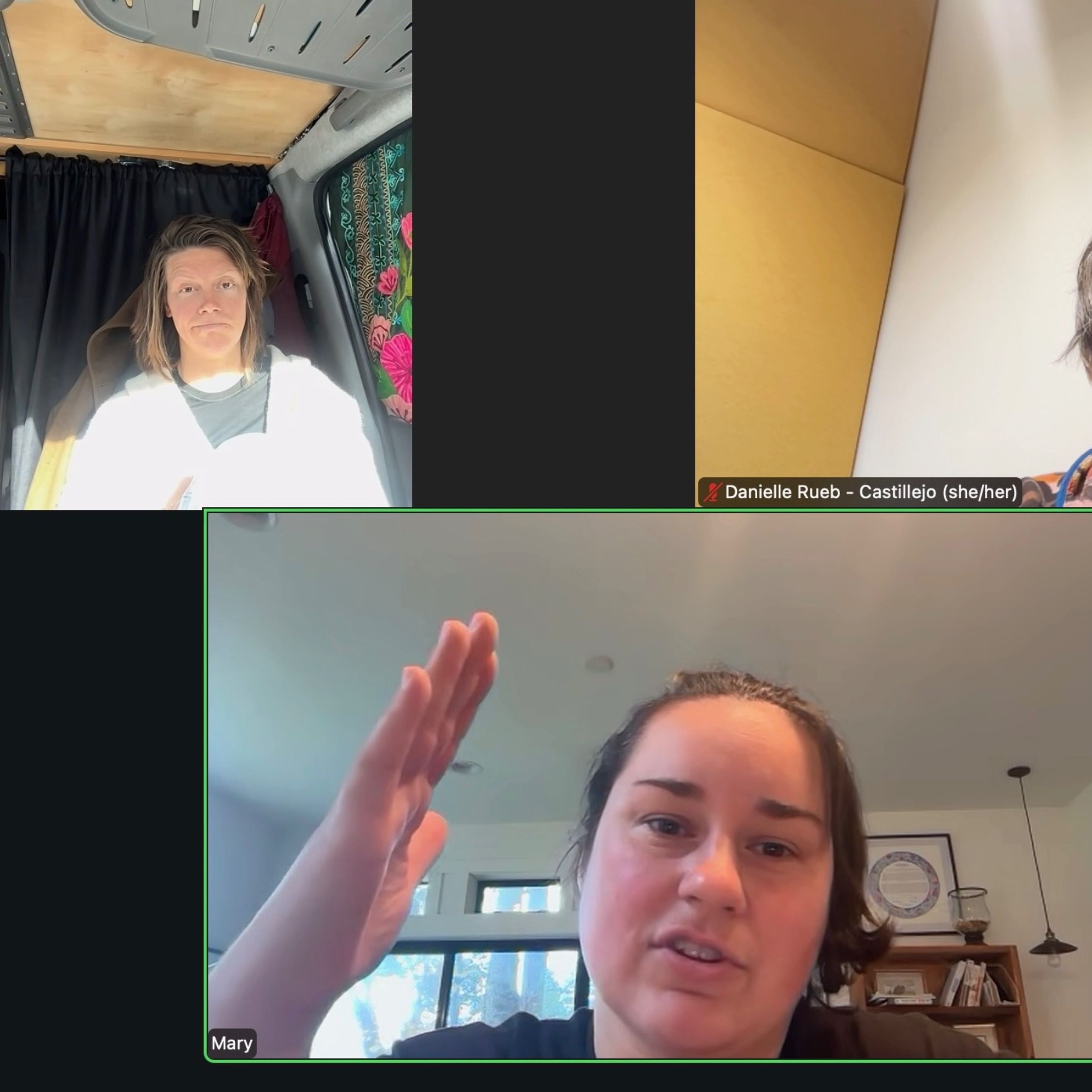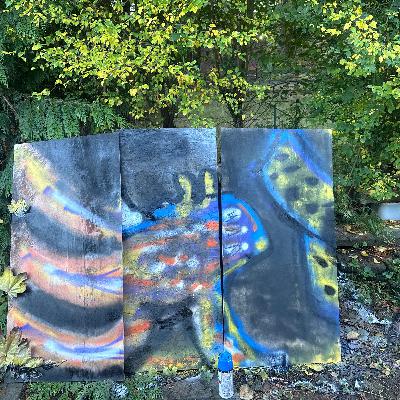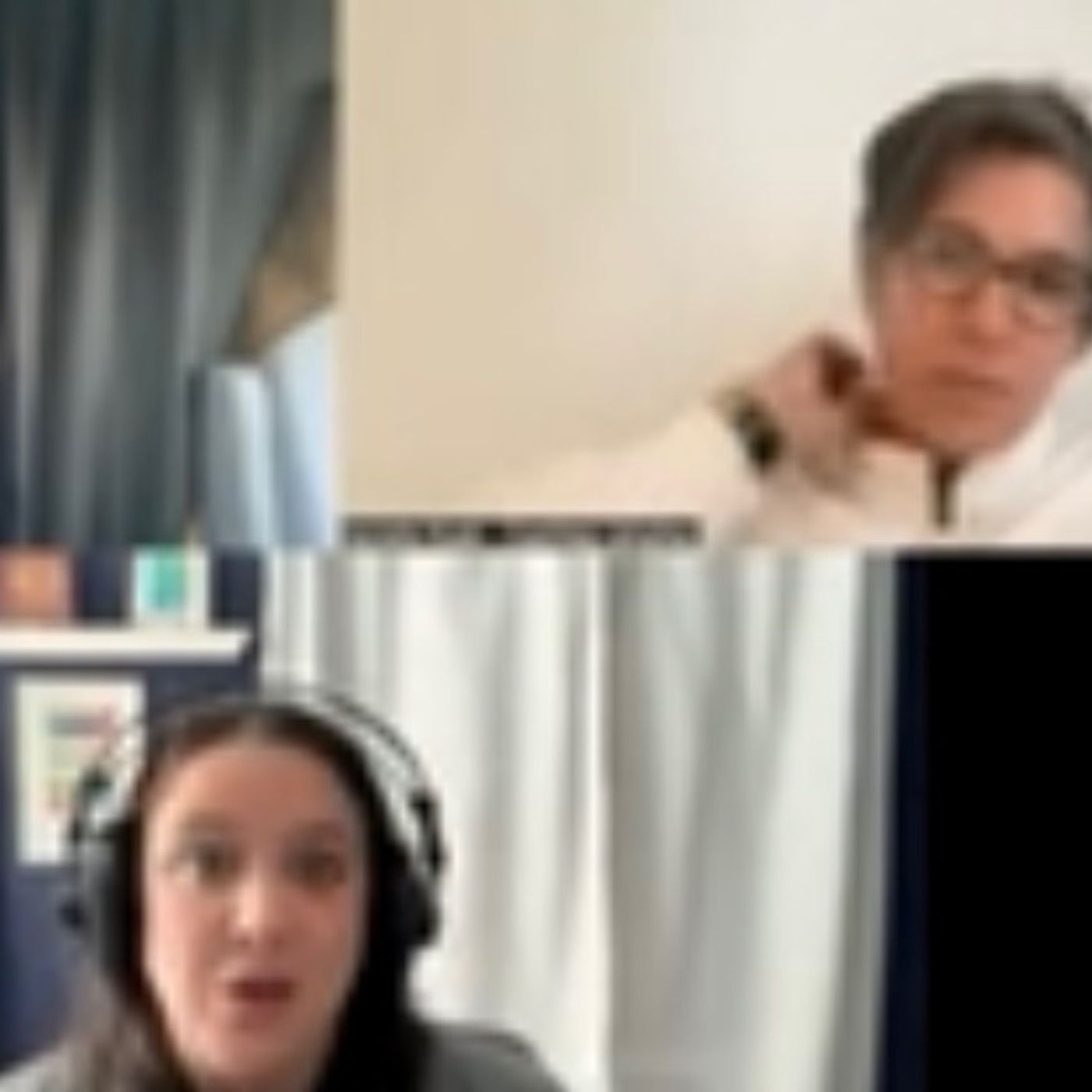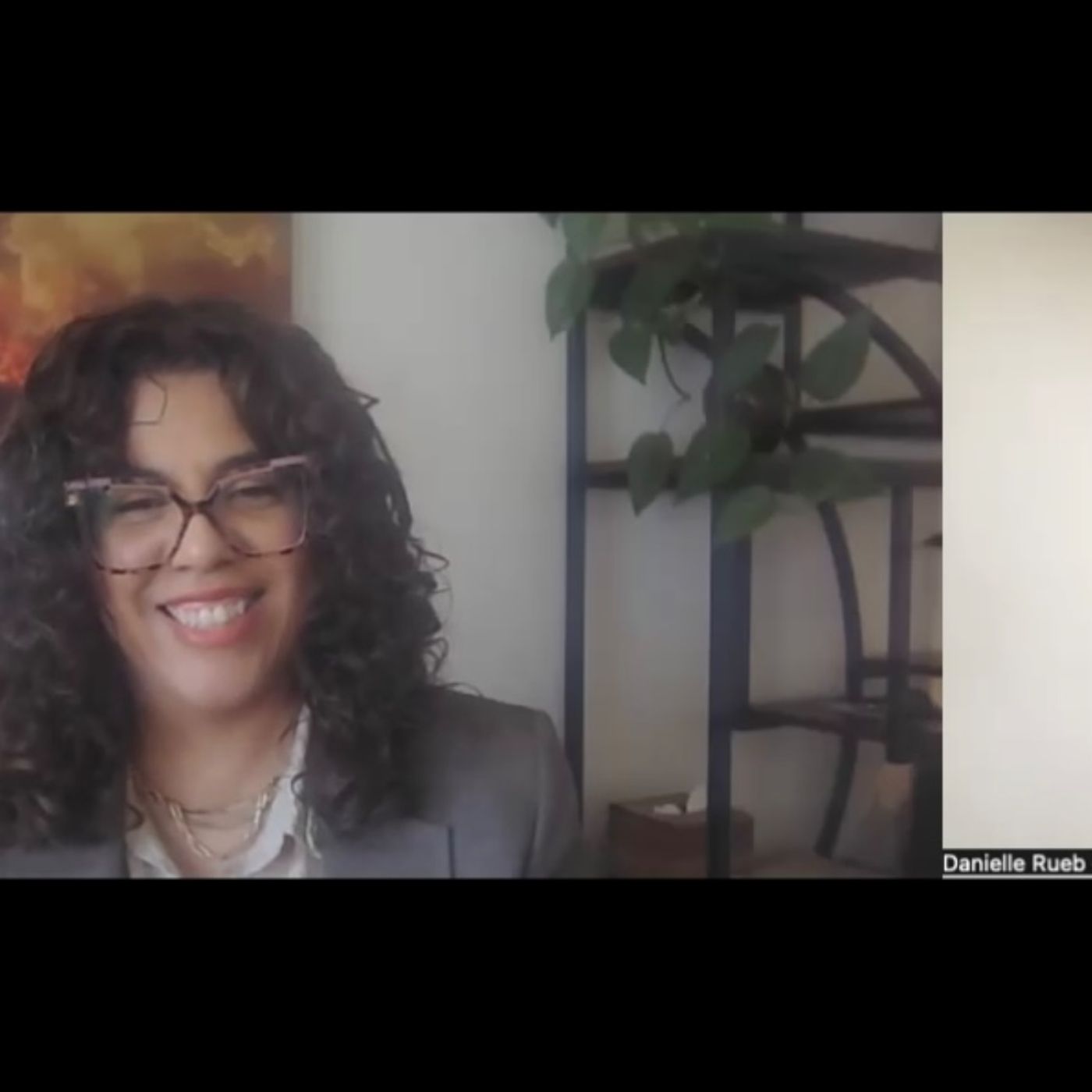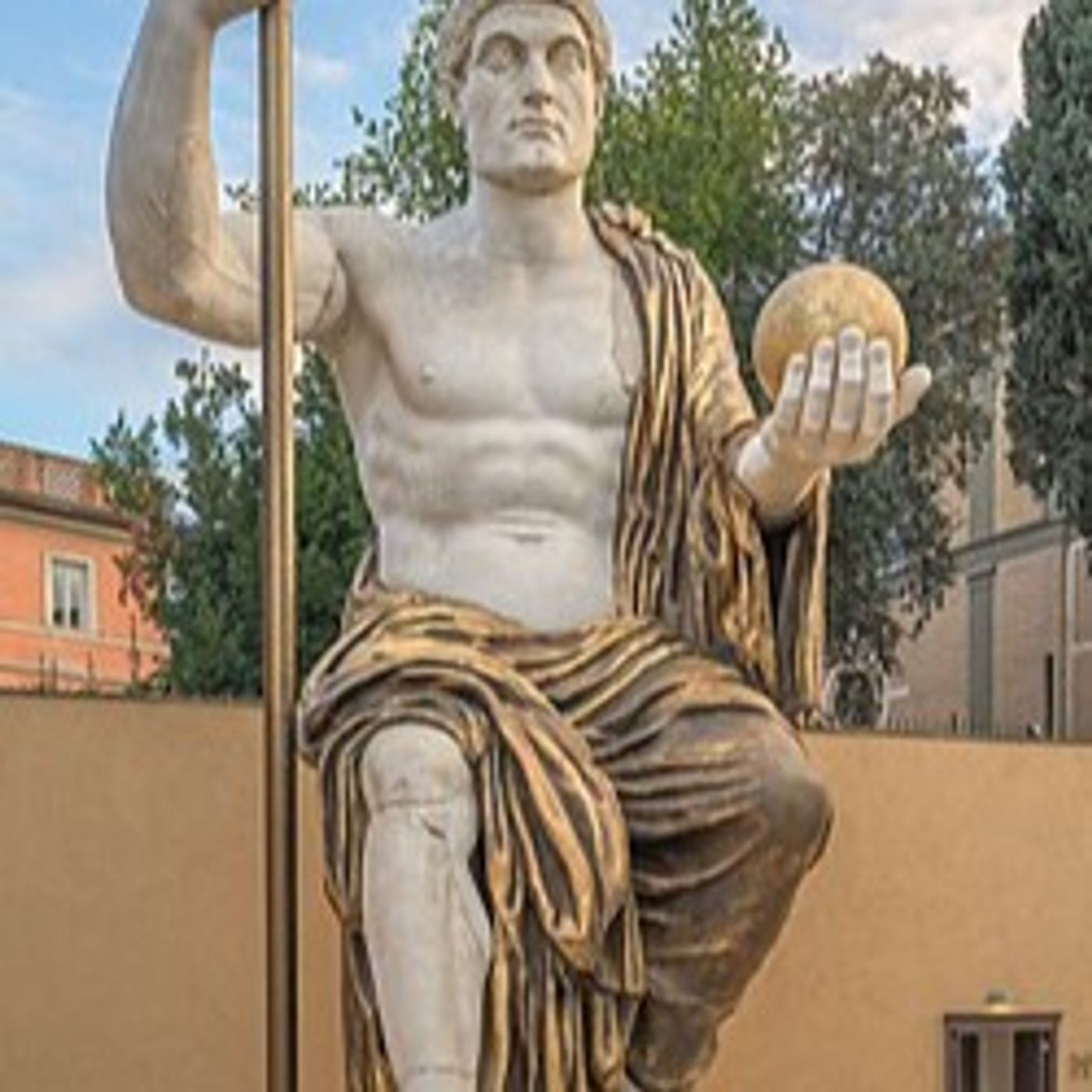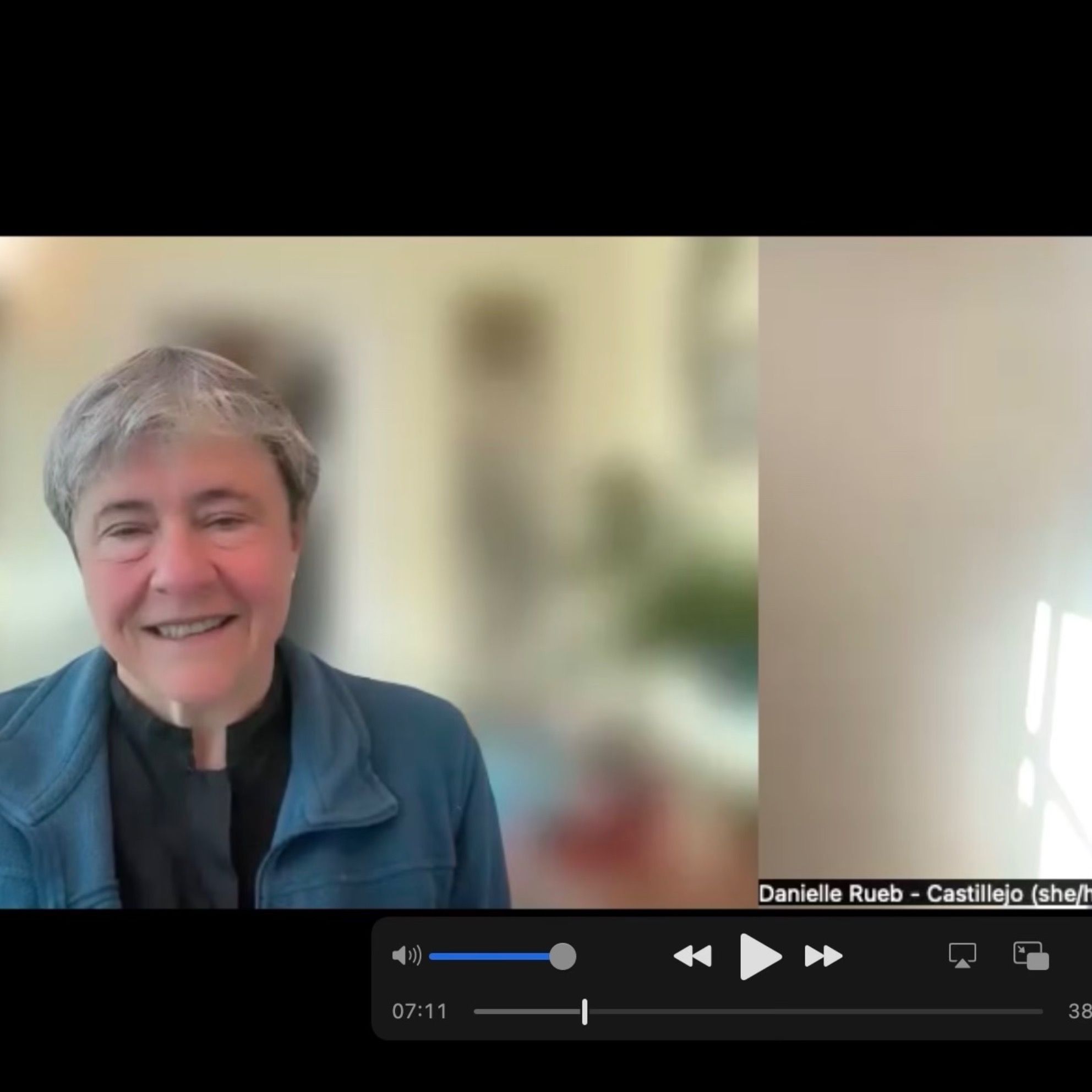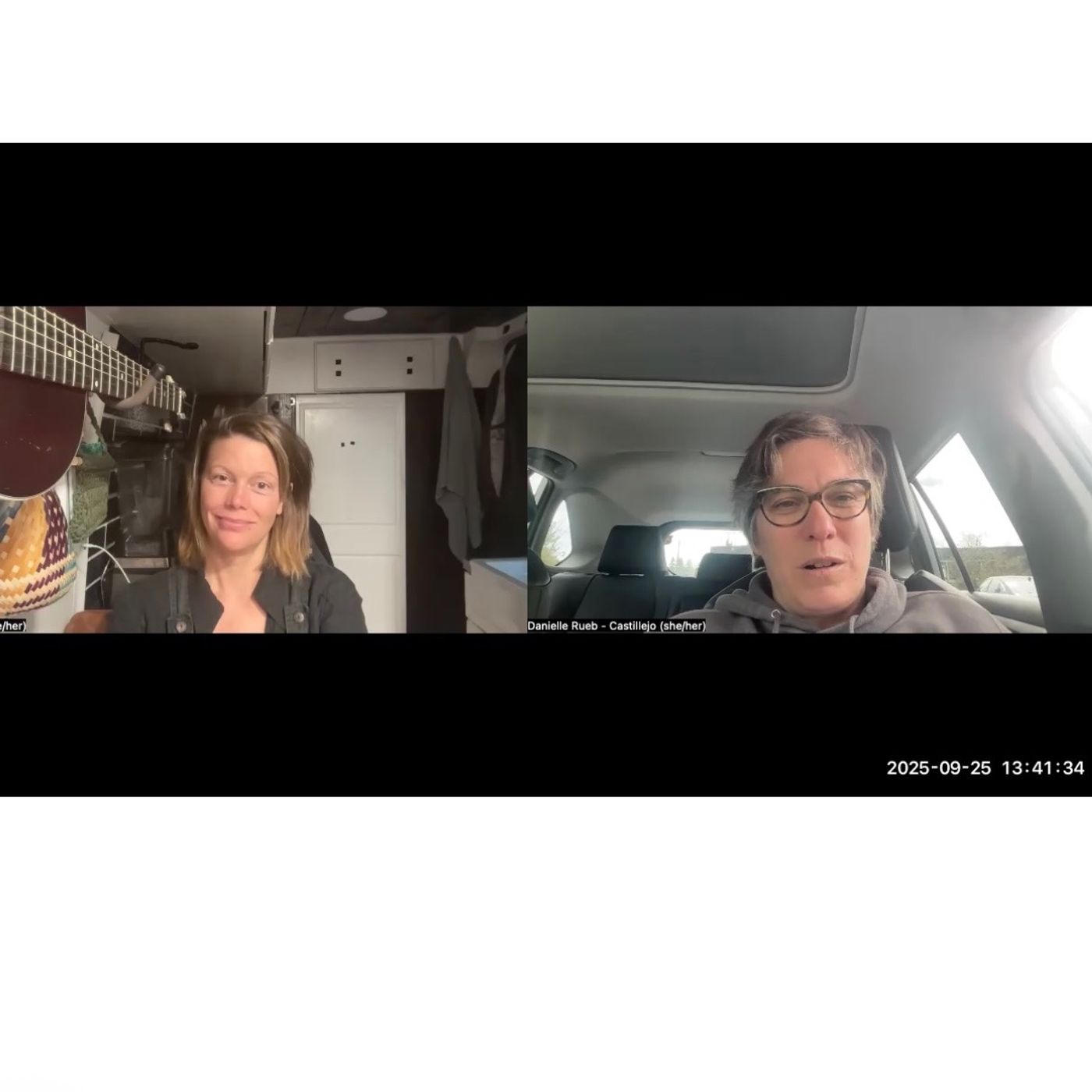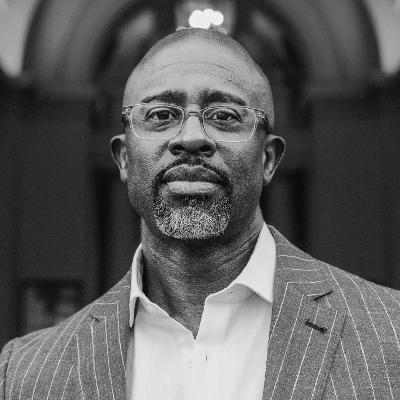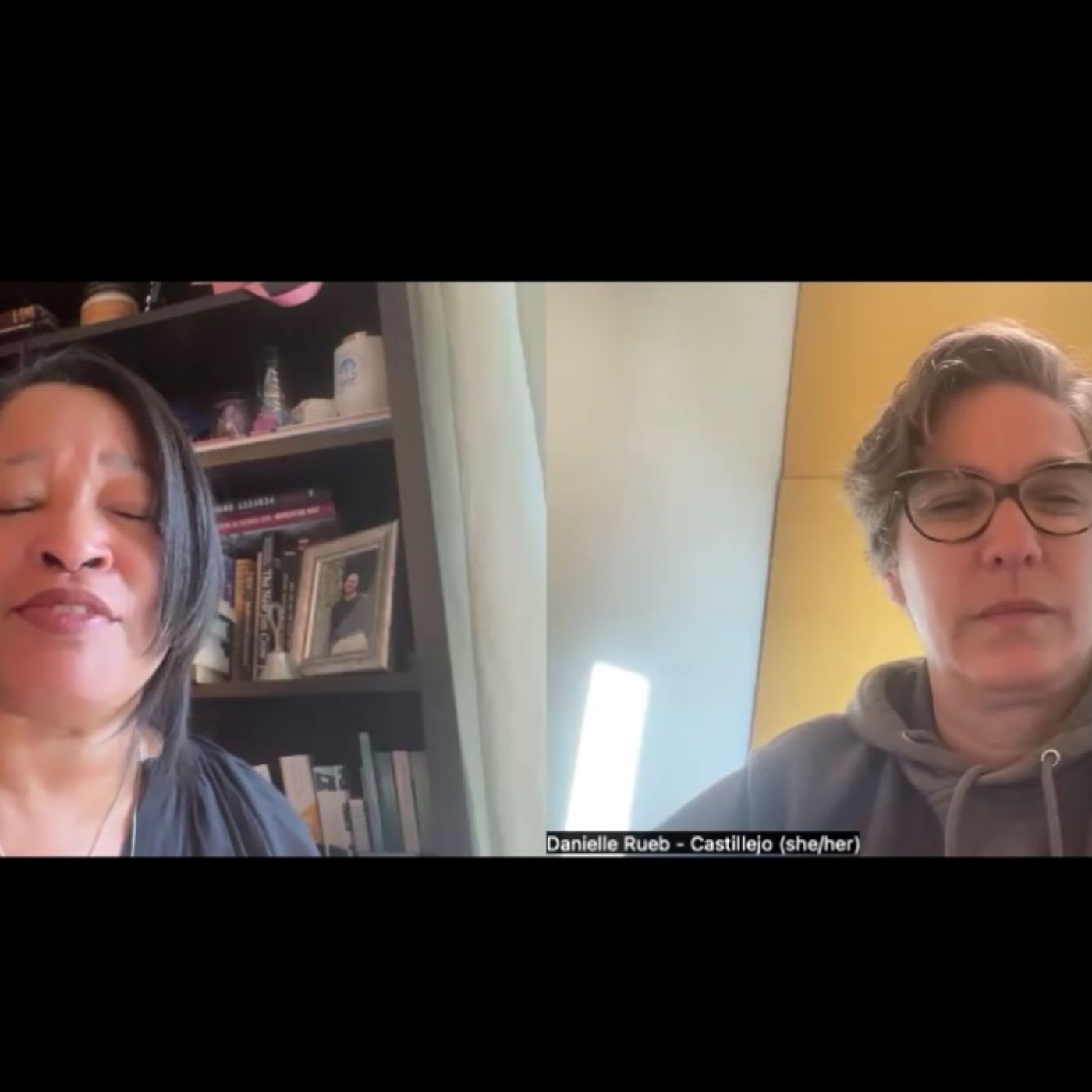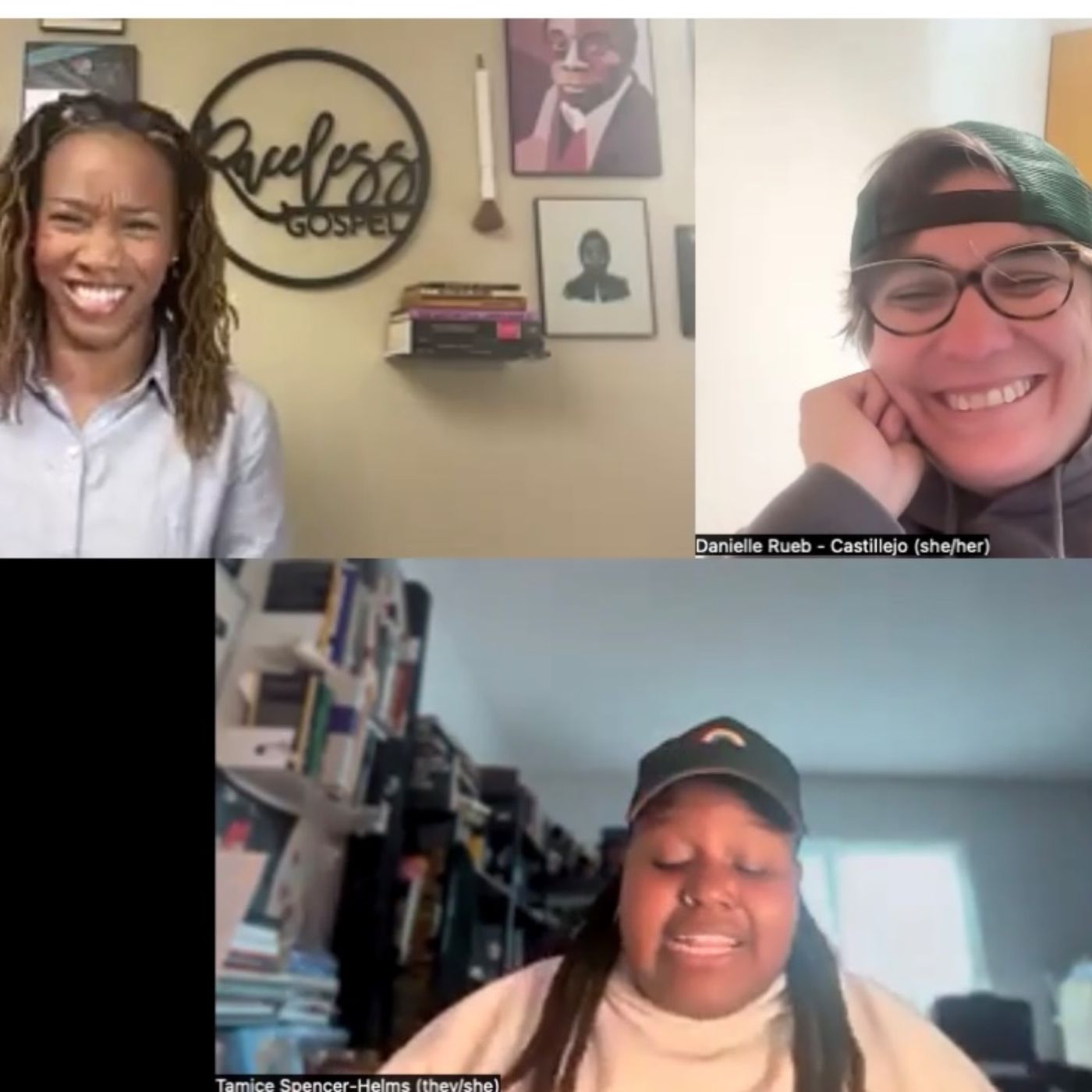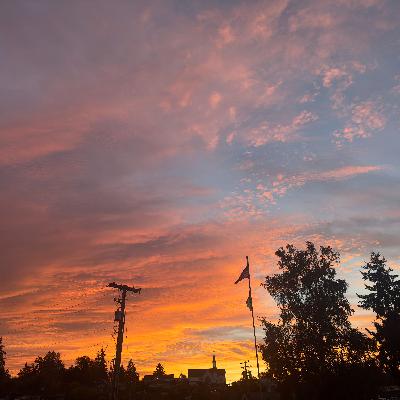Season 5, Episode 4: Dr. Phillip Allen Jr and Danielle S. Castillejo talk about the Plantation Complex, the Election and Implications
Description
Phil is a man driven by vision, compelled to fulfill God’s calling on his life. His passion is not only to see individuals come to know and grow in a relationship with Jesus, but to see social transformation that includes addressing systems and structures that affect the everyday lives of people, especially those typically pushed to the margins because of oppression, injustices, and inequities grounded in race, gender, sexuality, ability, age, and any part of their being that does not fit the dominant group membership.
As an All-American high school basketball player, Phil attended North Carolina A&T University to play basketball and study architectural engineering. Upon his call to ministry years later, he went on to receive his Bachelors in Theological Studies, with an emphasis in Christian Ministries from The King’s University. While working as a full-time lead pastor of Own Your Faith Ministries (Santa Clarita, CA), Phil completed a Master of Arts in Theology degree from Fuller Theological Seminary, studying Christian Ethics. As a current PhD candidate in Christian Ethics, with a minor in Theology and Culture, his research involves race theory, theology, ethics, culture, and the theology and ethics of Martin Luther King, Jr.
He is founder of the non-profit organization Racial Solidarity Project based in Los Angeles, CA. His passion for dialogue, resistance, and solutions to the problem of systemic racism was fostered by his family and personal life experiences as well as his educational journey. Phil was recently named a Pannell Center for Black Church Studies Fellow at Fuller Theological Seminary. As a fellow his research on Black Church theology, liturgy, and ethics further undergirds his own ethics of justice, healing racial trauma, and racial solidarity. He has taught undergraduate classes on biblical ethics toward racial solidarity. His fields of interest include Christian ethics, Black Church studies, race theory, pneumatology, theology of justice and theology of play and sport.
When he isn’t pastoring, studying, or writing, Phil enjoys running, bowling, basketball, and just watching his favorite television shows. As an all-around creative, he is an author, a teacher, pastor, filmmaker (see his documentary Open Wounds), but first a poet. His diverse experiences and interests have gifted him with the ability to relate to and inspire just about anyone he meets.
He is the author of two books, Open Wounds: A Story of Racial Tragedy, Trauma, and Redemption (Fortress Press, 2021) and The Prophetic Lens: The Camera and Black Moral Agency From MLK to Darnella Frazier (Fortress Press, 2022).
Speaker 1 (00:13 ):
Welcome to the Arise podcast, conversations on faith, race, justice, gender, and the church. And tune in and listen to this conversation today. Dr. Phil Allen, Jr and myself are going to have a conversation today. And if you go to his website, phil allen jr.com, you can see that his quote is Justice Matters, my neighbors Matter, creation matters, faith Matters. And really in this conversation, I want you to pay attention to those points that he makes in this quote from his website and how that filters through in the research he does in the point of view he's bringing to the table for this conversation on what are we doing? And I think a lot of people are like, are we still talking about the Yes, we're still talking about it. Yes. It's still relevant and we're talking about it because from understanding creates pathways towards action, towards organizing, towards being together with one another in community so that we can support justice, so that we can support our neighbors so that we have faith in creator. And so I want to encourage you to listen through that lens. Go find his website, phil allen jr.com. Look up this amazing man, this professor, he's got a podcast, he's got books, poetry speaking, a documentary. Don't hesitate to reach out, but as you listen, focusing on justice Neighbor and creation and Faith.
(01:48 ):
Yeah. What has it been like for you since the election? Or what's that been like
Speaker 2 (01:57 ):
Since the election? The first couple of days were, I was a bit numb. I was very disappointed in 2016. I wasn't surprised. I had this feeling that he was going to win, even though people thought Hillary would win. I just didn't have the confidence in those battleground swing state. I thought he represented something that a lot of people in this country are drawn to. And this year I really felt like she was going to win. Vice President Harris was going to win because of the coalition, because of the momentum. People can critique and criticize her campaign, but there's nothing orthodox about starting a hundred days before. And I think what they did was calculated. I won't say perfect, but it was good. It was a solid campaign given what she had to work with. And I really thought she would win. And I was just extremely disappointed. It was like this heaviness over me, but then after day two, things started to feel a little bit lighter. I just put things in perspective. I wasn't going to sulk and sit in some sadness because this man won. I think I was more disappointed in the people like what is our standard, particularly Christians, conservative Christians, what is the standard now? How low is the bar?
(04:04 ):
And honestly, I don't know if there's anyone else on the planet, any other demographic that could have done that with 34 felonies saying the things that he says about people of color, about women, about veterans. I mean, he just literally does not care. There's no man or woman of color. There's no woman, there's no one else that could do that. And people would ignore everything, do theological gymnastics and to justify everything and still vote for 'em. No one else could pull it off. And I think for me, it just solidified the type of country we live in. So I'm good now, as good as I can be. I can't change it, so I'm not going to sulk and be sad. I'm going to continue to do the work that God has called me to do and continue to chat, put a video out. I think you may have seen it on social media just to put my thoughts out there, put words to my feelings and just move forward. Yep.
Speaker 1 (05:24 ):
When you think about, is it okay if I ask you a couple of questions?
Speaker 3 (05:28 ):
Yeah.
Speaker 1 (05:29 ):
When you think about your research and completing your PhD and the theory and work and the evidence and structures you uncovered in that research, then how does that continue to frame your outlook for where we are today? It
Speaker 2 (05:52 ):
Couldn't, this election was interesting. This election confirmed for me, my research,
Speaker 1 (05:59 ):
Yes.
Speaker 2 (06:02 ):
I'll give you one part of it. In my research I talk about the plantation complex and it's made up of three major categories and there are subcategories under each one, organizing properties, modes of power, and operating practices. Three major categories Under organizing properties, there are four properties I list. I'm not saying it's an exhaustive list. Someone else might come in and want to tweak it and change it. That's fine. What I came up with is for vision covenant, spatial arrangement and epistemology, and specifically theological scientific epistemology, specifically white racial covenant. For those two, those are the specific terms I use. And to me, vice President Harris asked a question, this is about what kind of country do we want? That's a statement about what kind of vision do you have? Would you like to see this country embody? So vision is always there. We're always talking about, we're always casting vision when we tell stories, when we talk about how we want the, whether it's the education system, immigration, whatever. We're casting a vision, but what do we want to see? And then that ends up driving so much of what we
Speaker 3 (07:45 ):
Do.
Speaker 2 (07:48 ):
We have the vision now of this is what America wants.
Speaker 1 (07:52 ):
Yes,
Speaker 2 (07:54 ):
They want this man with all, he's not just a flawed human being, in my opinion. He's a vile human being. She also is not a perfect candidate. She's a decent woman. She's a decent person. Two vastly different visions for this country. Then you talk about spatial arrangement. Electoral college is about spatial arrangement. You have your blue states, your red states, but everything comes down to five or six. Sometimes one state decides the election, and it all depends on who's living in that state, how are the districts redrawn. All types of stuff can play out. But to me, I saw that going on and then I saw white racial covenant play out. You look at who voted for who, percentage wise, and I kept seeing this allegiance, this covenant with Donald Trump, and there had to have been independents and even some Democrats that voted for him to have voted at such a high clip when his base is only 37%, 40% at most, and a Republican party is half. And he gets, I don't know. I just started to see those things play out. And from my dissertation, just those four categories, the stuff that we don't even pay attention to, they shape society, vision, spatial arrangement, covenant whose allegiance, who has your allegiance, because that drives decision making that drives what you value. It influences what you value. And epistemology, theological, scientific epistemology, he's the chosen one.
(10:03 ):
God chose him for such a time as the, I keep hearing this language. So they're using theological language to justify everything about this man. So yeah.
Speaker 1 (10:18 ):
Yeah.
Speaker 2 (10:19 ):
It's hard for me not to see through that lens. Now that I

